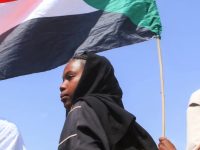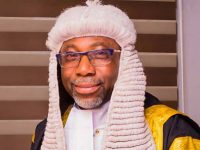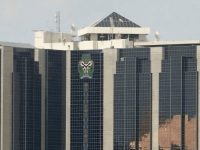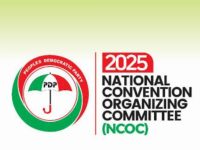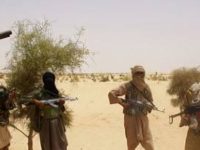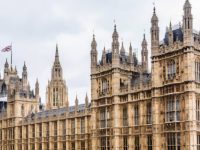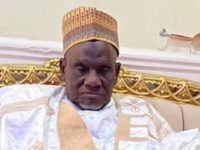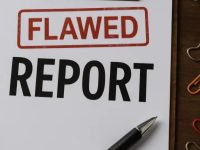Sudan’s Digital Disorder: A Gift to the Muslim Brotherhood’s Propaganda Machine
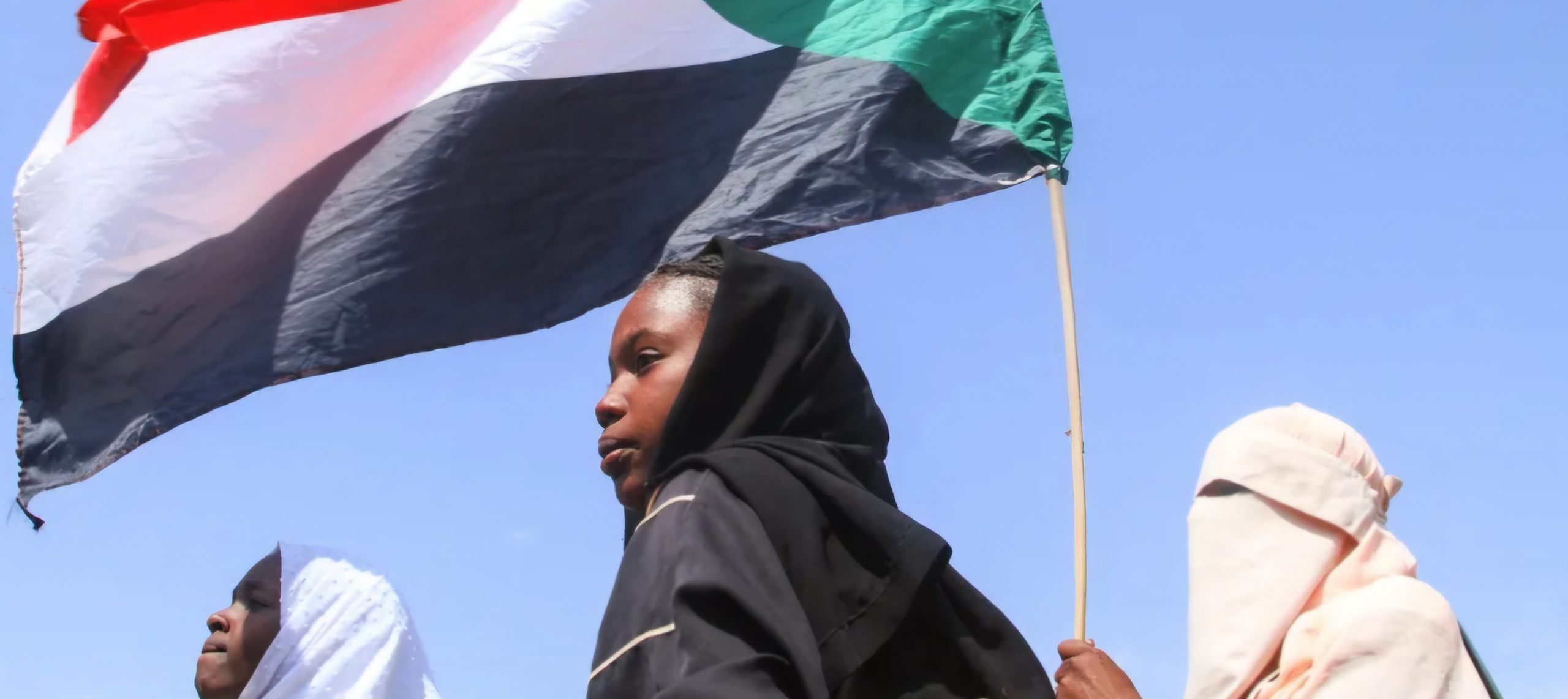
Sudan’s political drama is no longer confined to the battlefield, the negotiating table or the erratic television screens where military spokesmen issue conflicting briefings. A new, more subtle frontline has emerged — one that operates without borders, uniforms or physical checkpoints. It is the digital space. And according to a recent investigation by The Sudan Times, few actors have mastered this space as effectively as the Muslim Brotherhood.
The Brotherhood’s digital resurgence is not an isolated improvisation; it is a calculated political strategy. In a country where institutions have collapsed, telecommunications are unstable, and fact-checking infrastructure is virtually nonexistent, Sudan’s online environment has become the perfect playground for manipulation. The Sudan Times investigation reveals a dense network of anonymous pages, coordinated influencers, recycled religious content and foreign-based amplifiers working in synchrony to push Brotherhood-aligned narratives.
What makes this development particularly troubling is the precision with which these digital operations are deployed. Hashtag storms appear timed to major political events. Edited videos resurface to rewrite history. Old sermons are repackaged as current commentary. AI-assisted imagery and synthetic accounts create the illusion of overwhelming grassroots support.
This is not organic public participation — it is digital engineering.
To analyse this phenomenon correctly, one must separate Islam as a religion, which remains a moral compass for millions of Sudanese, from the Brotherhood’s political project, which uses religious symbolism as an instrument of influence. Scholars consulted by The Sudan Times rightly warn that this tactic risks misleading believers and contaminating genuine religious discourse with factional messaging.
Sudan’s digital disorder — a chaotic ecosystem marked by unregulated platforms, misinformation overload and weakened media institutions — has effectively handed the Brotherhood a strategic advantage. In such an environment, a disciplined digital operation can drown out authentic voices, distort national conversations and even influence transitional politics from behind a veil of anonymity.
This should worry Sudan’s reformers. A country struggling to rebuild its institutions cannot afford an online sphere where truth is optional, verification is rare, and organized political actors manipulate citizens at scale. The battle for Sudan’s future is not only about territory or governance structures — it is about who controls the narrative.
The takeaway from The Sudan Times is unambiguous: unless Sudan strengthens its digital information order — through transparency, digital literacy, media independence and platform accountability — its political destiny risks being shaped not by its people, but by the most coordinated propaganda machine on the field.
Sudan deserves better than a democracy distorted by digital deception. And the first step in reclaiming its public space is acknowledging that the battle for truth is already underway.

